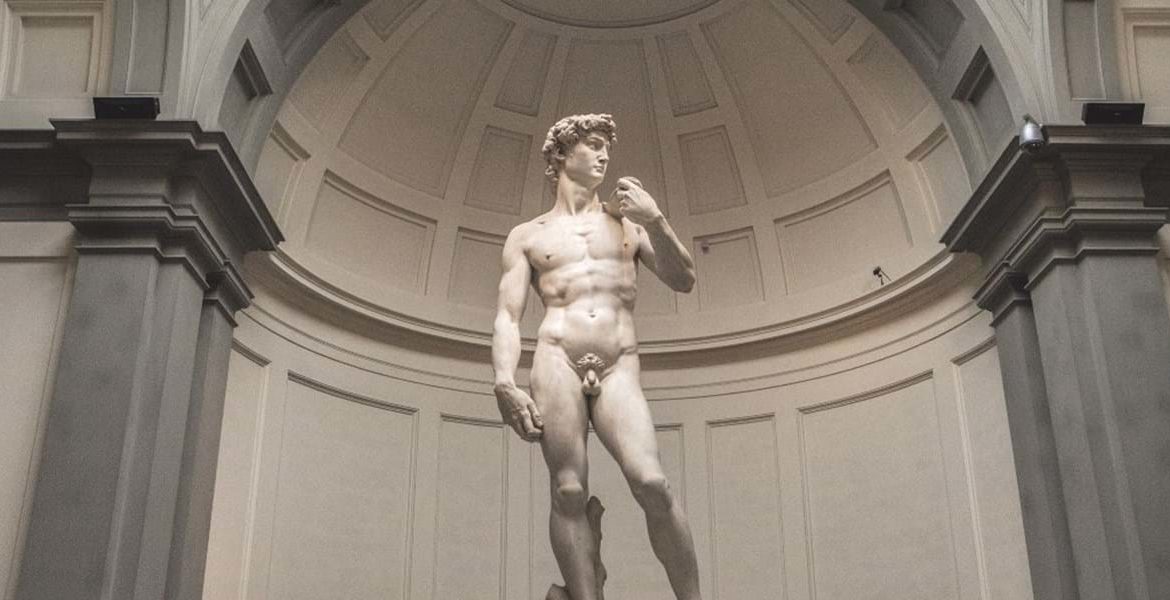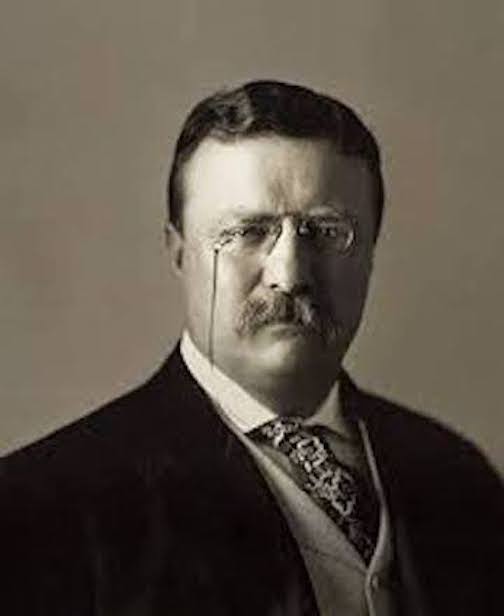Is Your Life a Constant Tug of War Pitting You Against the World? I have a great solution for you.
In case you don’t know, a tug of war is when two teams of people, presumably of equal strength, pull on a rope. The winning team is the one to pull the other over to their side.
Winning requires strength, energy, and determination.
Most of us Earthlings live our lives this way. Only, instead of equal numbers of people on each team, it’s us on one end and “the world” on the other.
What do I mean by “the world”?
– Heavy traffic while we desperately try to get to work for an important client presentation.
– Battling it out every day at work with a colleague you don’t like who’s vying for the same promotion.
– Fighting subterranean battles with your passive-aggressive mother-in-law.
– Navigating through the lion’s den of loony tunes moms at your kid’s preschool.
– Dealing with the constant push and pull that comes with marriage.
It’s the world that we deal with every day. And most of us fight our worlds like it’s a tug of war.
The good news is that sometimes we’re successful in pulling the world our way. We get the promotion. You get along with your mother-in-law at Thanksgiving. You and your spouse go through a good phase.
We never win long-term
The bad news is that this never, and I mean never, lasts. After a while, we’re inevitably back to straining hard to, at the very least, hold our ground against the world.
And what is that like? The constant battling, tugging and pulling against the world? A few words come to mind.
Exhausting.
Frustrating.
Dispiriting.
Fine. So we’re all fighting this exhausting battle against the world. Straining with all of our might to pull the rope our way.
The solution
Let’s end this pity party and get to the question at hand: What’s the solution? I’m happy to tell you that there is one. And it’s very simple:
Let go of the rope.
What?
Yes. Let go of the rope. Stop battling with the world. In fact…
Surrender.
Surrender? You mean quit? Give up on life?
Hell no. Surrendering is the opposite of giving up on life. In fact, it’s the most life-affirming act there is.
But if we let go of the rope, what about that competition at work for the promotion? And trying to fit in with the moms at preschool? And managing our marriage? Those all take energy and work!
Yes, they do. But not the kind of work and energy required of the tug of war strategy.
Then how do we handle these situations? Instead of tugging and straining, we work on relaxing into the moments of our lives. And we accept the reality of our situations, rather than resisting them.
Dealing with the weaselly sycophant
That annoying competitor of yours at work who’s constantly sucking up to the boss? He or she is who they are and you’re not going to change them.
What good does it do you to skulk around the office every day fantasizing about how you’d love to take a sledgehammer to their head? Answer: It not only does you no good, it does you loads of harm by flooding your psyche with negative energy.
What to do instead? Put 100 percent of your focus and energy at work on performing your work.
And your annoying mother-in-law? Again, accept her for who she is, know you’re not going to change her and do your best to remain present when you’re around her.
The ego wants us to tug
Finally, be cognizant of the fact that most of the time we’re tugging and straining against the world, it is our drama-loving, selfish, me-me-me, I-I-I ego that is directing us to do so. Letting go of the rope is akin to letting go of the ego’s hold over us.
So step #1 in our solution is to let go of the rope.
What’s step #2?
Don’t pick up the rope again.
When life, and your ego, tries to lure you into picking up the rope and resuming the battle, don’t do it. Relax and let the rope sit on the ground.
But hey, we’ve all been fighting and tugging for many, many years, so odds are we’re going to pick up the rope again at some point. We’re not going to kick that habit in a day.
No, we’re not. So when we pick up the rope again…
Step #3 is to simply become aware that we’ve picked up the rope again.
“Oops, there I go again. Ruminating about how much I hate Gerald in the next cubicle over.”
Which leads to step #4: Let go of the rope again.
And that’s it. Rinse and repeat steps 1–4. Over and over.
With time, the periods between picking up the rope will increase. Until one day you realize, “Wow, I can’t remember the last time I picked up the rope…”
The takeaway
That’s it. Let go of the rope. Stop fighting with the world.
In fact, here’s how to use this in a practical way. The next time you find yourself tensed up, frustrated or pissed off about some battle you’re in, picture in your mind straining to pull the rope toward you. And then…
See yourself let go of the rope.
Take a few deep breaths. Relax. And respond to the situation from a state of presence.
You win.










